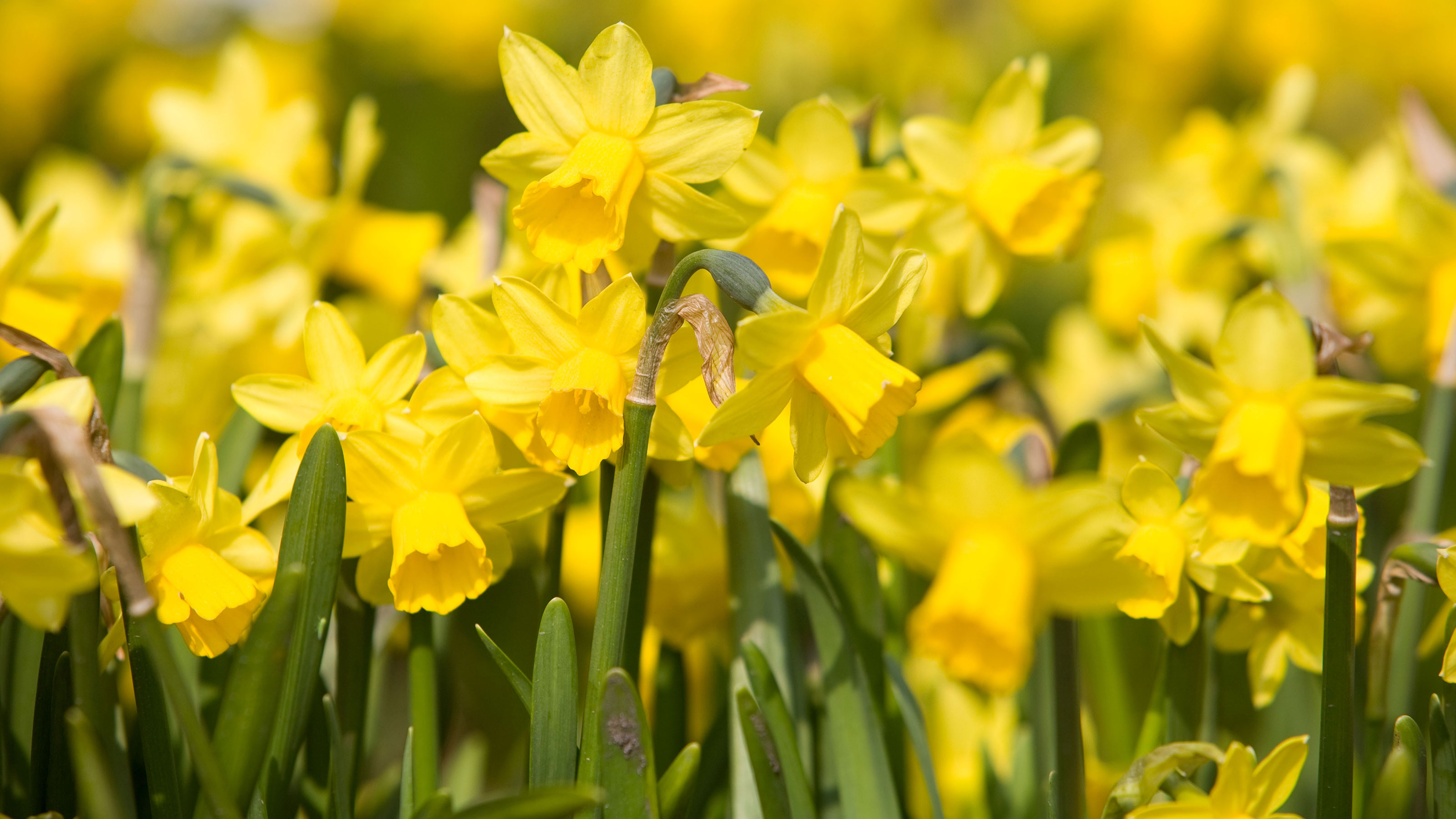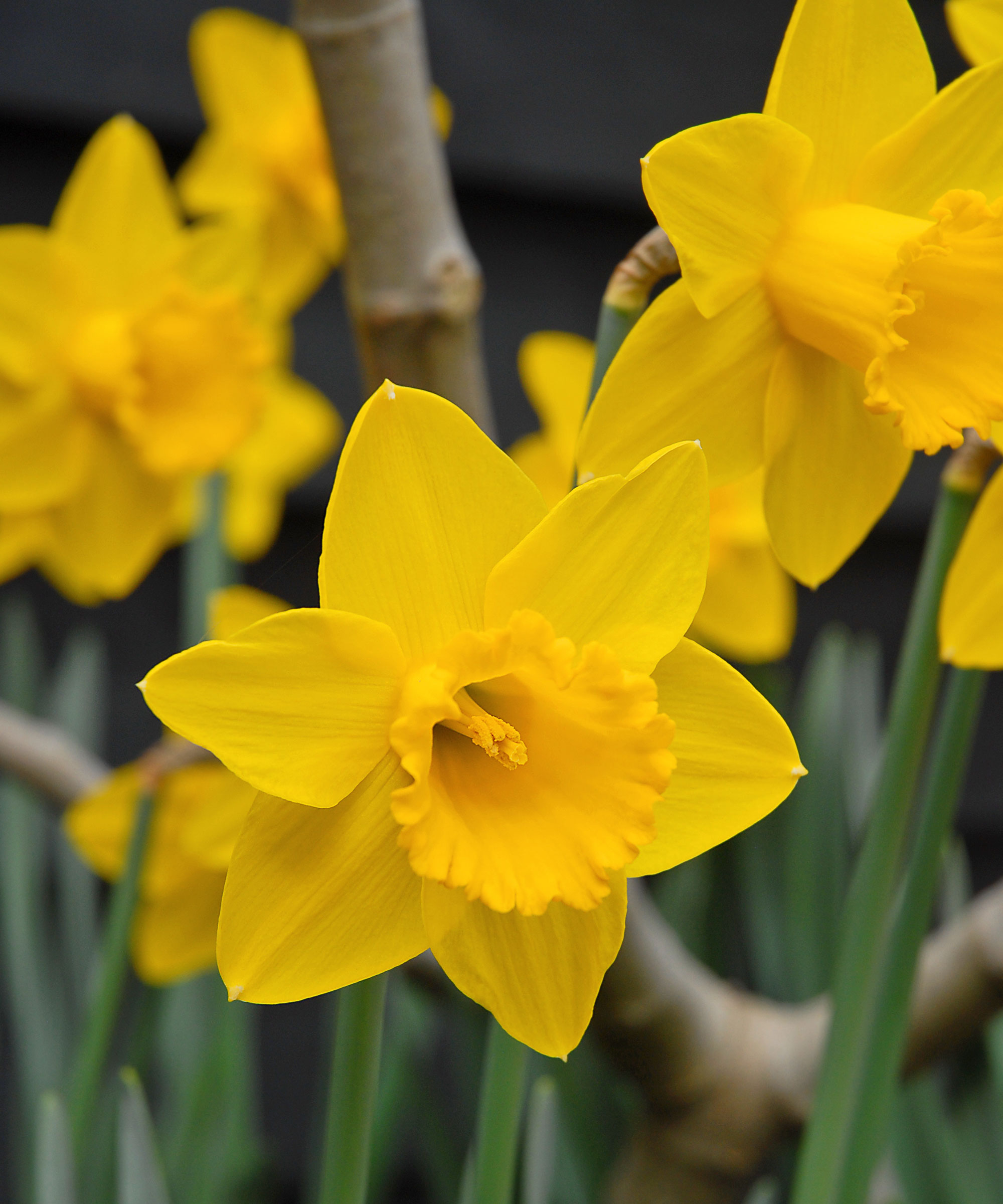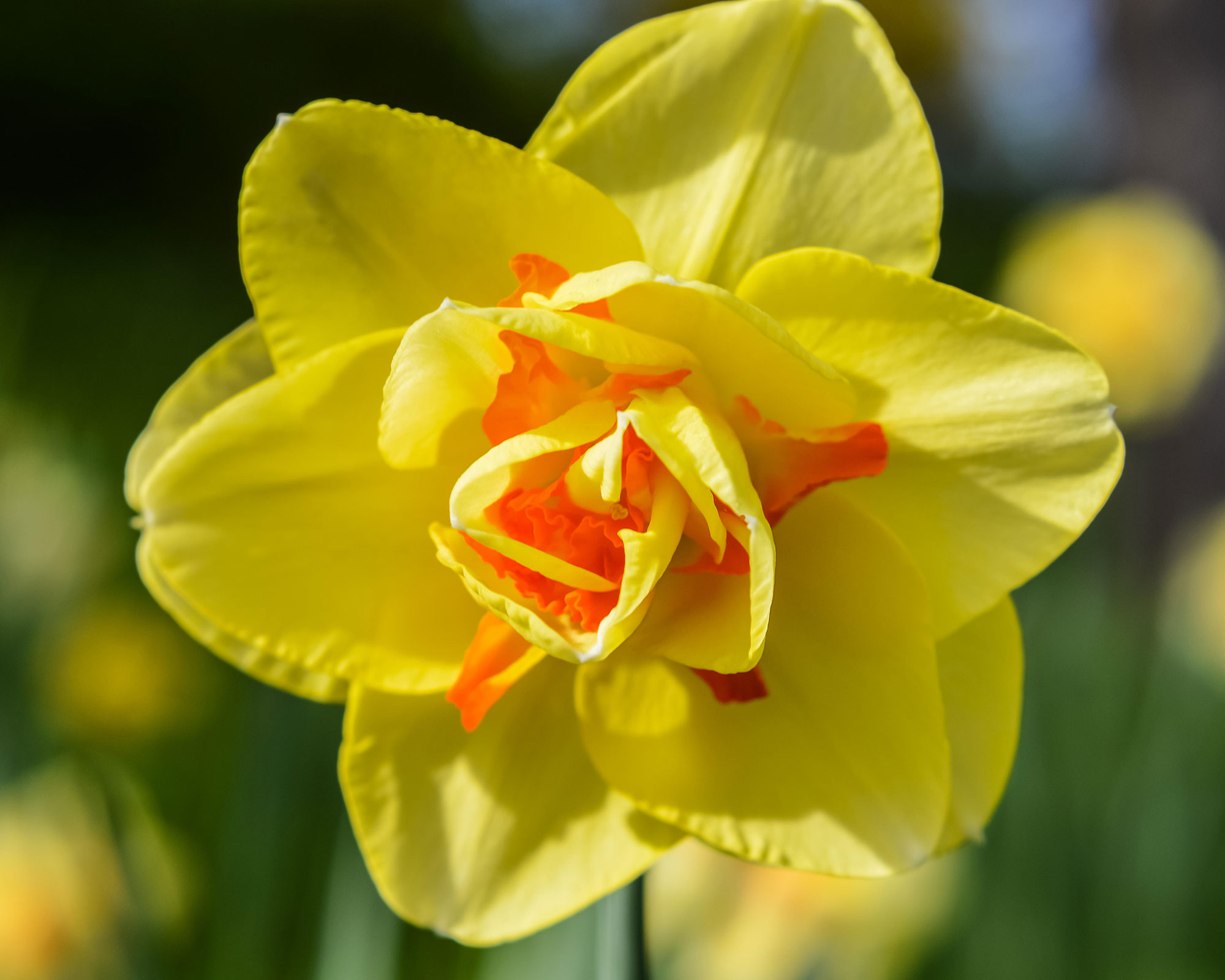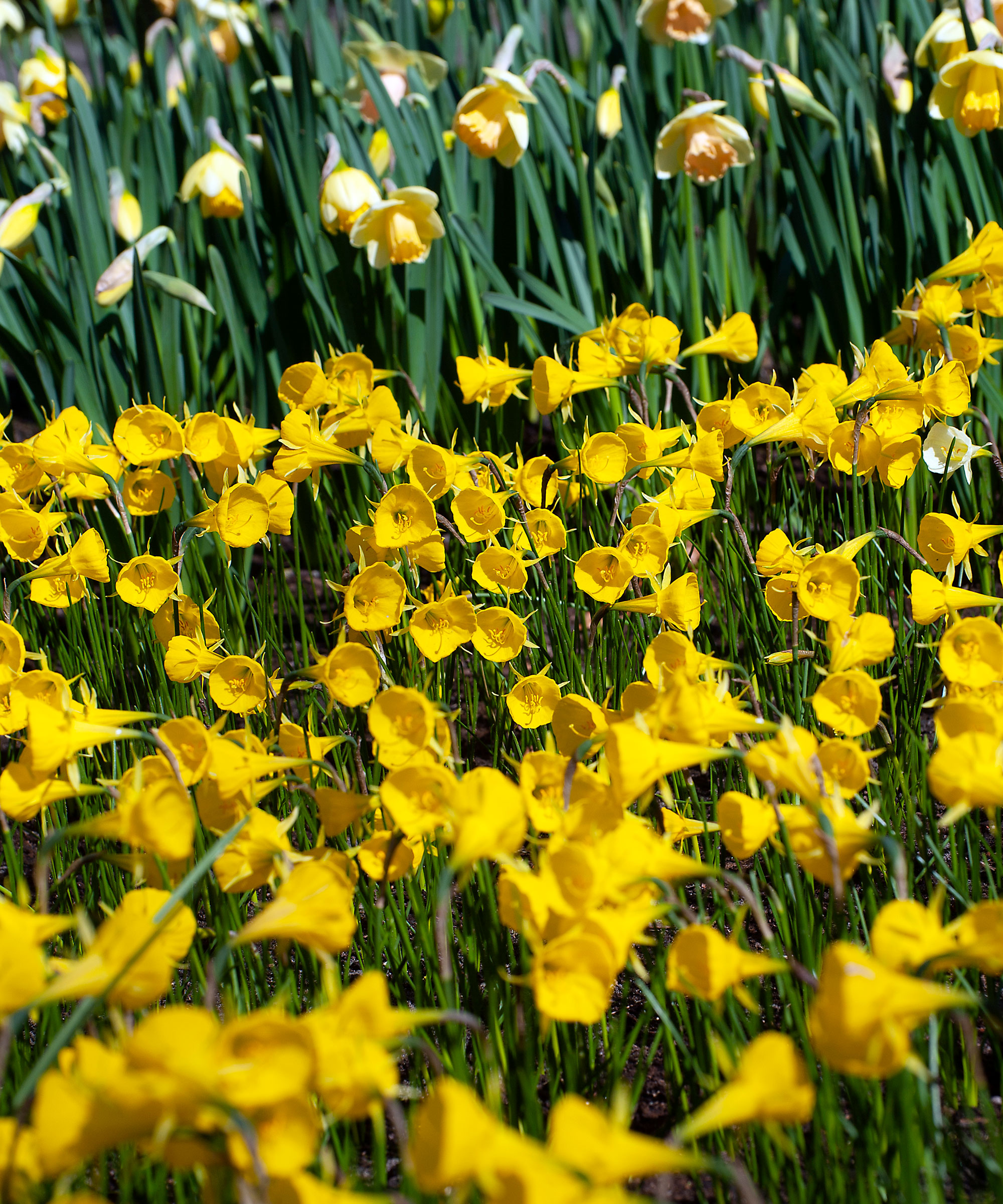Why you should plant these bulbs if you want to deter pests from your yard
Don’t forget to plant Dutch daffodils this fall to brighten up the backyard come springtime, and ward off unwelcome wildlife too


If you want a host of golden daffodils early next year, fall is the time to get them in the ground. But did you know that cheerful and easy to grow daffodil bulbs can also deter deer, mice, squirrels and other vermin from invading your patch?
'Daffodils can help to ward off dangerous wildlife such as deer,' says nature expert Kasey Turner, founder of the Nature Nibble website. 'This is because they contain a bioflavonoid compound called apigenin that is toxic to these animals. Studies have shown that their populations decline significantly when daffodils are planted near livestock or other areas where deer habitually feed.'

Why can daffodils deter pests?
Daffodils also contain lycorine, an alkaloid which is toxic to many animals but not to humans, although it causes nausea, vomiting, and diarrhoea if ingested in large amounts.
'This makes daffodils a useful plant to grow if you're looking to deter squirrels, rodents, rabbits and other animals from your garden,' says Violet Joy Miller, founder of Greeny Thumbs. 'These animals can smell lycorine and will stay away from the plant.'

Does it work?
'I remember my mum's garden backs onto a park and she would suffer at the hands of deer, especially in late winter when there wasn't a great deal of food around,' says Alex Tinsman, founder of How to Houseplant.
'They loved the hostas in her garden, and some of the vegetables she had growing. Since putting daffodil bulbs throughout the garden and the hedgerow it seems to so far have kept them away.'
Adding several varieties of deer-resistant plants to your plot alongside your daffodils can also be an effective way of stopping them from eating all of your treasured blooms.

Get planting
There is such a huge choice of this easy to plant bulb - from familiar bright yellow types to new hybrids in delicate shades of pale peach and lemon. It can be difficult to know which to choose from the many types of daffodils available, but if you’re planning to plant to ward off destructive wildlife, choose a sturdy spreader.
If you have the space in your backyard, plant as many as you can can in large drifts, spacing bulbs around six inches apart.
Not only will you get to enjoy the results come spring, you might also have the added benefit of less pests in your yard too.

Jayne Dowle is an award-winning gardening, homes and property writer who writes for publications including Sunday Times Home, Times Bricks & Mortar, Grand Designs, House Beautiful and The Spectator. She was awarded the Garden Journalist of the Year accolade at the Property Press Awards in 2021.
